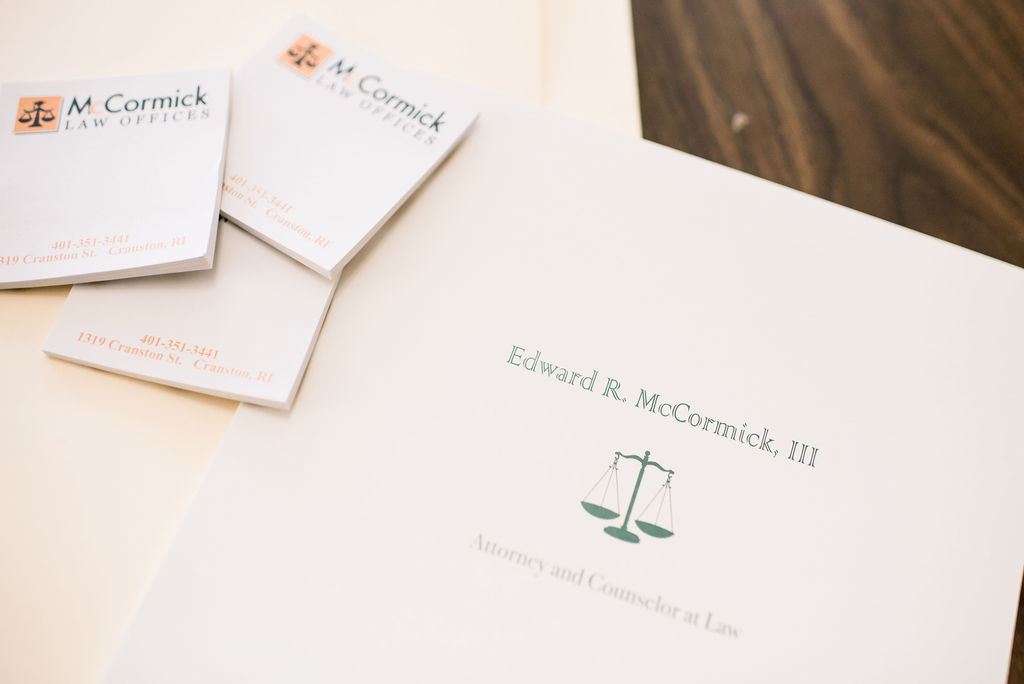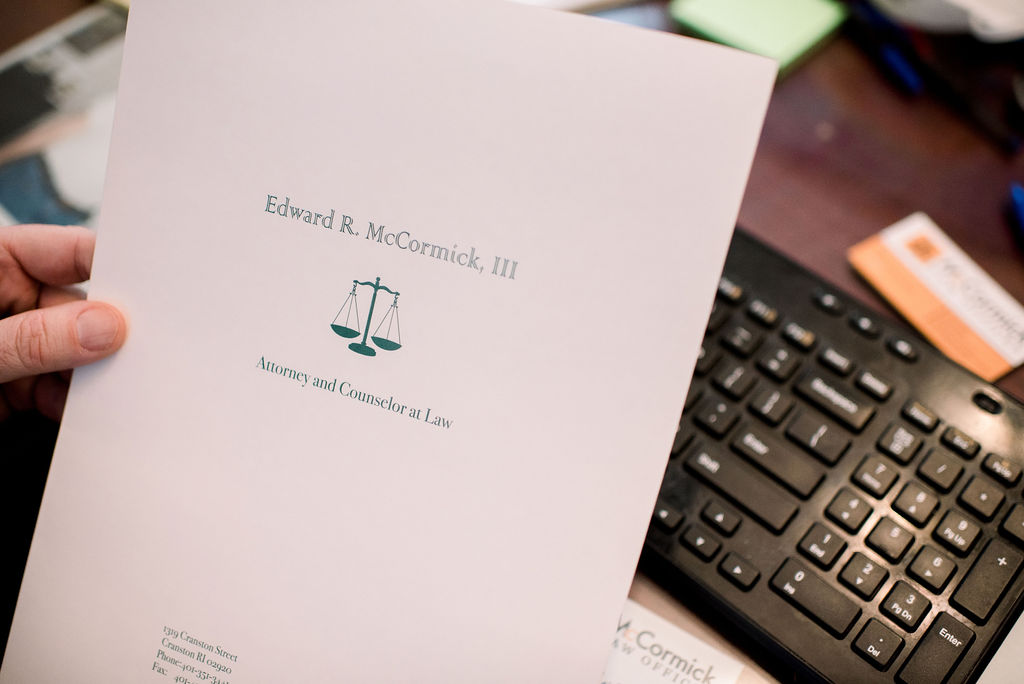Joint property ownership can provide some convenience and protection—but it’s not a substitute for a complete estate plan. Many Rhode Islanders ask, “Do I need a will if I have joint property?” The answer is almost always yes. A will ensures your remaining assets are handled according to your wishes and helps your loved ones avoid unnecessary complications.
What Is Joint Property Ownership?
Joint property refers to assets owned by more than one person. The most common types are:
- Joint Tenancy with Right of Survivorship (JTWROS)
- Tenancy by the Entirety (available to married couples)
- Tenants in Common (ownership shares can be unequal and do not automatically transfer)
In JTWROS or tenancy by the entirety, the surviving owner automatically inherits the property when the other dies—this bypasses probate for that asset.
Does Joint Ownership Avoid Probate?
Only partially. Joint ownership avoids probate for that specific asset only. However:
- It does not control what happens to individually owned assets
- It does not name guardians for minor children
- It can create confusion if both owners die simultaneously
- It provides no instructions for personal property, digital assets, or debts
Without a will, your remaining estate may be distributed according to Rhode Island’s intestacy laws, not your personal preferences.
Why You Still Need a Will (Even With Joint Ownership)
1. Control Over Non-Joint Assets
Bank accounts, cars, heirlooms, or business interests owned in your name alone must go through probate unless directed by a will or trust.
2. Backup Plan If Joint Owner Dies First
If you outlive your co-owner, full ownership returns to you—and your heirs will need direction when your estate is distributed.
3. Avoiding Family Conflict
A will reduces uncertainty and disputes. It ensures clarity for:
- Children from previous marriages
- Unmarried partners
- Stepchildren or estranged relatives
4. Planning for the Unexpected
If both joint owners pass at the same time (e.g., in an accident), a will provides backup instructions for your estate.
Include a method for resolving disagreements—such as mediation or arbitration.
What Happens Without a Will in Rhode Island?
If you die without a will, your estate goes through intestate succession, where the state decides:
- Who inherits (based on statute)
- How much each heir receives
- Who will administer your estate
This process can delay transfers and cause emotional and financial strain for your loved ones.
How a Will Complements Joint Ownership
- Ensures your personal property goes to the right people
- Names an executor to handle your estate
- Allows charitable gifts or specific bequests
- Supports trust creation for minors or dependents
- Reduces the risk of litigation or court involvement
Related Reading
Explore more estate planning guidance for Rhode Island residents:
Final Thoughts
So, do you need a will if you have joint property in Rhode Island? Absolutely. While joint ownership simplifies the transfer of certain assets, it doesn’t eliminate the need for a comprehensive estate plan. A will gives you control, protects your loved ones, and keeps your intentions legally enforceable.
Ready to protect your legacy?
Contact McCormick Law Offices to draft a will that fits your family, your property, and your peace of mind.







